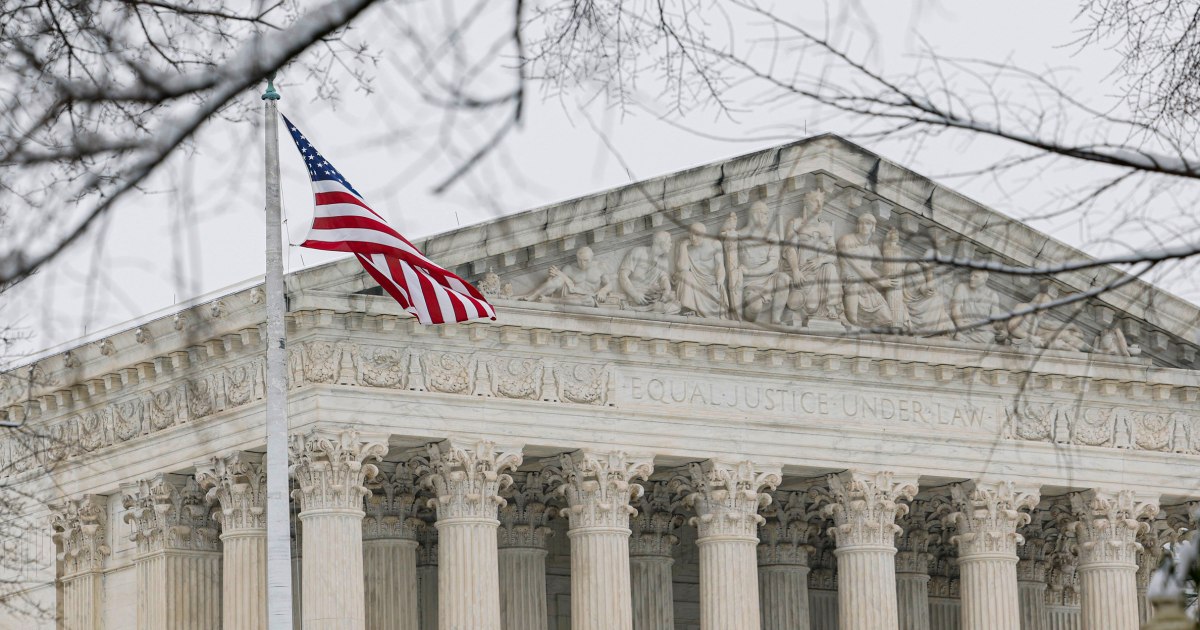The Trump administration provided incorrect information to the U.S. Supreme Court in a recent high-profile case about firing federal employees, according to a federal judge sitting in San Francisco.
On Monday, in a terse, two-page filing, U.S. District Judge Susan Illston, a Bill Clinton appointee, told the U.S. Court of Appeals for the 9th Circuit that the U.S. Department of Justice substantially mischaracterized the reach of a preliminary injunction the lower court issued in response to one of President Donald Trump’s executive orders.
That injunction, issued in late May, came on the heels of a temporary restraining order issued in early May. Later that same month, a three-judge panel on the 9th Circuit upheld the lower court order, rejecting the government’s request to stay the injunction.
Then, in early June, U.S. Solicitor General D. John Sauer filed a 147-page application for an emergency stay with the nation’s high court.
In that application, Sauer described Illston’s injunction in the following terms: “In fact, this Office has been informed by OPM that about 40 [reductions in force] in 17 agencies were in progress and are currently enjoined.”
Now, Illston says Sauer protested a bit too much.
The district court judge, in her Monday statement, alleges the fourth-highest ranking DOJ official got both sets of numbers wrong.
“Petitioners provided this information to argue that the preliminary injunction was causing them irreparable harm,” Illston writes. “Now that petitioners have filed their RIF list, it is apparent that the figure presented to the Supreme Court included numerous agencies that are not defendants in this case and therefore were not enjoined by the District Court.”
The document goes on to list seven “non-defendant” agencies and nine RIFs which were incorrectly included in the government’s representations before the justices in its June stay application.
Illston then crunches the numbers – using bold to highlight the math.
Based on this list, petitioners’ application to the Supreme Court should have stated that the injunction paused 31 RIFs in 10 agencies, not 40 RIFs in 17 agencies. This discrepancy is not insignificant. In this Court’s view, this further underscores the Court’s previous finding that any deliberative process privilege, if it exists at all, is overridden by ‘the need for accurate fact-finding in this litigation[.]'”
While the Supreme Court stayed the injunction itself, other business in the litigation has been moving forward at the district court level.
The underlying lawsuit, filed by a coalition of labor unions, nonprofit groups, and municipalities, challenges the 45th and 47th president’s Feb. 11 executive order, “Implementing The President’s ‘Department Of Government Efficiency’ Workforce Optimization Initiative.” The order, on its own terms, purports to “commence” a “critical transformation of the Federal bureaucracy” by “eliminating waste, bloat, and insularity.” In real terms, Trump’s plans ask agency heads to quickly “initiate large-scale reductions in force,” or massive layoffs, in service of a goal to restructure the government.
The plaintiffs, for their part, have continued to push for discovery regarding the extent of the government’s RIFs and reorganization plans. The defendants, in turn, have sought various reprieves from both the district court and the court of appeals.
On July 18, Illston issued a discovery order which directed the government to provide the requested information. The order provided a win for the plaintiffs on the basic request as well as a win for the government – which requested to file some information under seal.
That discovery order is the first instance in which the “40 RIFs in 17 agencies” assertion was called into question by the court.
“Defendants made this assertion to the Supreme Court to highlight the urgency of their stay request and the extent of irreparable injury facing the government,” Illston observed. “Yet defendants now back-track, telling this Court that, actually, ‘those RIFs have not been finalized, many were in an early stage, and some are not now going forward.'”
The court ordered the DOJ to clear things up as follows:
Defendants must file with the Court, not under seal, a list of the RIFs referenced in the Supreme Court stay application. Defendants may note which RIFs, if any, agencies have decided not to move forward, or provide any other details they wish.
On July 21, the DOJ filed a petition for a writ of mandamus – a request for a court to force another government entity to do what it says – with the 9th Circuit. That petition complains Illston’s discovery order “directs the government to produce voluminous privileged documents to plaintiffs’ counsel and the district court.” The petition goes on to ask the appellate court to both pause and kibosh completely the elements of the discovery order which require the filing of the documents under seal.
On July 22, the panel issued a stay on the sealed production order.
On July 28, the 9th Circuit directed the parties to respond and reply to the mandamus request by Aug. 1 and Aug. 8, respectively. The panel also said the district court “may address the petition if it so desires.”
In her filing, Illston said she “appreciates the invitation to address” the government’s mandamus petition.
As it turns out, even after the government filed its requests to stay Illston’s more invasive discovery orders, the Trump administration provided the information the lower court directed them to file “not under seal.”
“Since the Discovery Order issued, petitioners produced the list of the reductions in force (RIFs) that petitioners represented to the Supreme Court were in progress and were halted by the District Court’s May 22, 2025 preliminary injunction,” Illston explains.
Now, that information is being used against the Trump administration to allege the DOJ overstated its case before the nation’s highest court.



